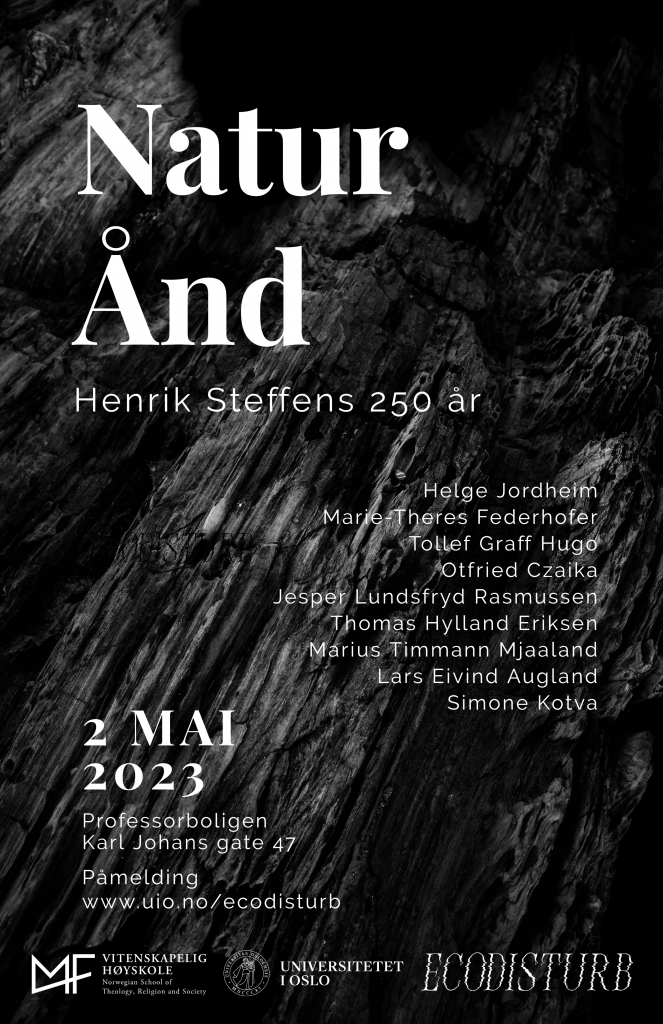Hybrid conference, University of Helsinki, March 31-April 2, 2022.
The Historical, Philosophical and Theological Perspectives on Political Violence conference will be organized on March 31 – April 2 2022 by the Academy of Finland Center of Excellence EuroStorie (Faculty of Social Sciences, University of Helsinki) in cooperation with the Faculty of Theology (University of Helsinki) and the Religion, Conflict and Dialogue Research Center (Faculty of Theology, University of Helsinki).
If you wish to attend the conference in person, we would kindly ask you to fill out the conference registration form for catering purposes. The registration form can be found here: https://elomake.helsinki.fi/lomakkeet/116263/lomakkeet.html
The conference is a hybrid one with some presentations in-person (at Unioninkatu 40, Metsätalo, Hall 1) and some virtually over Zoom. The whole conference will be streamed in Zoom. You are welcome to attend the conference in person or virtually – whatever mode of attendance suits you best.
Zoom-link: https://helsinki.zoom.us/j/67511986531?pwd=ZlpGUk5meWIvNWZmWWFudHNjMnRrUT09
The conference provides a multidisciplinary venue for critical appraisal of the central questions concerning political violence and aggression. The conference’s aim is to scrutinize and delineate the current discussion (academic and non-academic) on political violence by discussing its contemporary forms, character, and modes of justification, especially within the context of the development of the idea of Europe and modern European identity. What is meant by political violence and aggression? When and under which conditions is it justified? Who has the right to exercise it and against whom?
The answers to these questions vary and depend on various factors such as pre-established goals and ends, available resources and possibilities of action, historical and socio-economic context, the ideological, political, and religious-theological background of the actors. Thus, this timely topic will be approached from diverse perspectives: political sciences, history of ideas, philosophy, and theology. In addition to focusing on particular forms of political violence, the conference will pay special attention to (a) how the above questions have been addressed and answered in modern political, philosophical and theological thought, and (b) what kind of ideological currents and historical events lay at the background of such considerations. One important issue is the question of the influence of the experiences and of the political and philosophical and moral ideas arising from the aftermath of the two World Wars in the 20thCentury to the shaping of modern European political identity and conception of political violence and of its limits. The post-War era is in important ways characterized, for instance, by an ongoing intellectual and political negotiation between the practice of political violence and the liberal human rights-based morality; the proper understanding and scrutinizing of which requires multiple perspectives.
The keynote address will be given by Professor Samuel Moyn (Yale University). Professor Moyn is a leading scholar of the intellectual history of human rights and European intellectual history.
Programme
(may be subject to changes)
Thursday, March 31
10.45 Opening and Welcome
11.00–12.30 Paper Session 1
Chair: Kaius Tuori
Saarinen, Risto (University of Helsinki): Reconciliation, Tolerance, and Recognition as Modern Concepts of Conflict Resolution
Segev, Mor (University of South Florida): Aristotle and His Followers on Political Religious Persecution
Tognocchi, Martino (University of Milan): Between Intimacy and Abyss Irrepresentability: Civil War and the Concept of Enemy in Early-Modern Political Theory
14.00–15.30 Paper Session 2
Chair: Pamela Slotte
Sandelin, Marianne (University of Helsinki): A Conservative Justification for the Political Violence of the French Revolution?
Suuronen, Ville (University of Helsinki): Spinoza as an Aberration: Violence, Death and Sovereignty in Twentieth Century Political Theory”
Pankakoski, Timo (University of Helsinki): Another Language: The Relationship Between War and Politics in Ernst Jünger’s Early Political Writings (Virtual Presentation)
15.30–16.00 Coffee break
16.00–17.30 Paper Session 3
Chair: Tuukka Brunila
Zackariasson, Ulf (Uppsala University): Absoluteness Without Metaphysical Absolutes: Pragmatist and Phenomenological Perspectives on the Bonds Between Religion and Violence
Goldman, Aaron James (Lund University): Faith, Violence, and Exceptions (To Exceptions) In Kierkegaard’s Fear and Trembling
Sawczyński, Piotr (Jesuit University Ignatianum in Krakow): Exceptional Violence: Walter Benjamin, Giorgio Agamben and the Messianic Critique of Sovereignty
18.00 Conference reception
Friday, April 1
09.30–11.00 Paper Session 4
Chair: Olli-Pekka Vainio
Nyirkos, Tamás (University of Public Service, Budapest): Fratelli Tutti and the Just War Tradition: Lists vs. Theory
Grigoriadis, Konstantinos (University of York): Can a Revolution Be Successful Without Political Violence? Benjamin Constant’s Account of Legitimacy
Puumala, Laura (University of Turku): Sustainability, Just War and Just Peace (Virtual Presentation)
11.00–11.30 Coffee break
11.30–13.00 Keynote
Chair: Panu-Matti Pöykkö
Samuel Moyn (Yale University): Leo Tolstoy’s Critique of Humane War
14.30–16.00 Paper Session 5
Chair: Timo Miettinen
Scheuerman, William E. (Indiana University): Goodbye to Nonviolence? (Virtual Presentation)
Tuori, Kaius (University of Helsinki): Totalitarian Violence and the Rise of Human Dignity
Pupo, Spartaco (University of Calabria): Nonviolent Political Scepticism in the First Half of the European Twentieth Century: Russell, Popper, and Oakeshott (Virtual Presentation)
16.15–17.45 Paper Session 6
Chair: Marianne Sandelin
Livingston, Steven (The George Washington University): The Role of Christian Nationalism in Nancy Bermeo’s Notion of “Distancing Failure”
Vainio, Olli-Pekka (University of Helsinki): On (Not) Breaking the Wheel of Violence: The Case of Herbert Marcuse
Rakhmanin, Aleksei (University of Helsinki): Albert Camus’ Political Antitheodicy
Saturday, April 2
12.30–13.30 Paper Session 7
Chair: Ari-Elmeri Hyvönen
Kasa, Tuija (University of Helsinki): Human Rights Education and Political Violence: Addressing Dehumanization and Social Injustices in the Context of Human Rights Education
Tacik, Przemysław (Jagiellonian University in Kraków): Violence in Self-Determination Conflicts: Exploring the Zone of Exception in International Law and Human Rights
13.30–14.00 Coffee Break
14.00–15.00 Paper Session 8
Chair: Panu-Matti Pöykkö
Tammi, Iida-Maria (University of Helsinki): Humanitarian Security in Armed Conflict: How Law Is Used to Legitimate Political Violence Against Aid Workers in Syria (Virtual Presentation)
Barker, Chris (The American University in Cairo): Political Violence in British India (Virtual Presentation)
15.00 Conclusion
